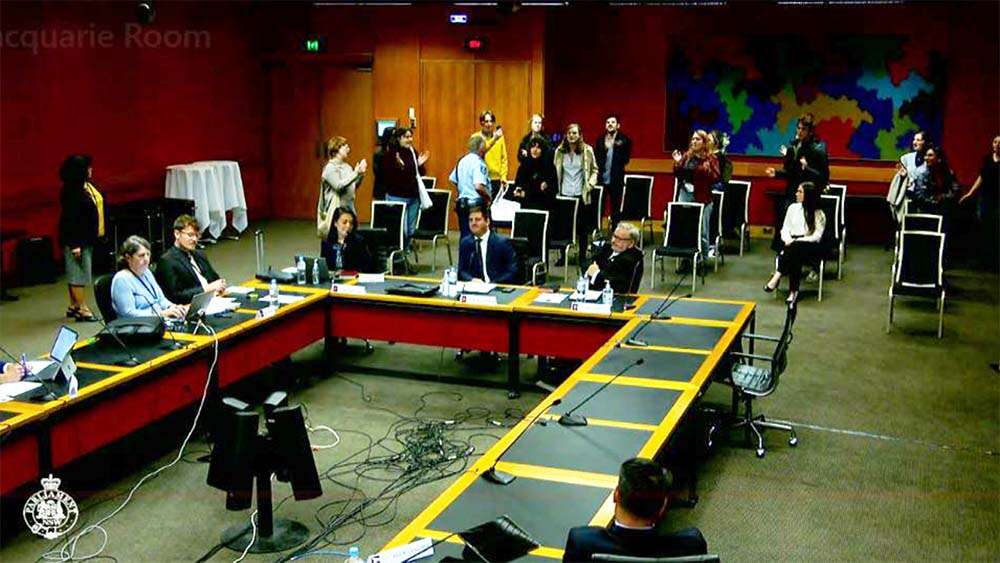Transgender people should be called by their preferred name, according to a report to the Sydney Anglican Synod (church parliament) which will meet in May.
“It is appropriate to call someone by the name that they prefer,” says the ‘Suggested Responses to Practical Questions’ report.
“This does not necessarily express acceptance of their gender identification, but reflects what we do in all of life, where we call people by the name by which they prefer to be known.” The suggested responses form part of pastoral follow-ups to a 2019 Doctrinal Statement that takes a conservative view of gender.
A linked report, ‘Gender Identity – Practical Guidelines for Ministers and Parishes’ says: “Christian congregations should be safe places for all who are struggling with life and need to hear the message of hope. We must seek to demonstrate the compassion of Christ towards those who are hurting and vulnerable.”
Further advice to churches in the report says, “Be aware that the experience of living with gender incongruence or dysphoria should not in and of itself be categorised as sin or unrepentant sin.”
“Church staff should love and care for the person, offer pastoral support, and make available information (reports, research, etc.), in addition to biblical teaching in line with the Doctrine Statement on Gender Identity.”
In addressing a congregation, the suggested response is to add more inclusive language.
The guidelines emphasise great care – even caution – in talking with transgender persons, especially about transitioning, and that such discussion should only happen in relationships where trust has been established. These guidelines have been softened in the refinement process, and allow for flexible responses to individual people.
On the question of pronouns, the ‘Suggested Responses to Practical Questions’ report says to avoid them by simply avoiding pronouns. However, in addressing a congregation, the suggested response is to add more inclusive language – “instead of always greeting your congregation as ‘ladies and gentlemen’ or ‘brothers and sisters’, you might instead say, ‘good morning to you all’ or ‘good morning, friends.'”
(For those interested, Eternity will use preferred pronouns – it is harder to avoid them in an extended piece of writing.)
When the Doctrinal Statement was adopted by the Synod in 2019, these practical guidelines were referred to the Synod’s Standing Committe for refinement after feedback. Rather than bring them back for Synod debate, they have been treated as a pastoral matter and sent out to local churches through the regional bishops. The ‘Suggested Responses to Practical Questions’ were added.
The 2019 Doctrinal Statement sets out a orthodox view of gender, stating: “The Bible never endorses a divergence between biological sex and gender identity or expression,” but also that being in Christ Jesus “transcends all other notions of identity and liberates us from our attempts to construct our own identity.”
The ‘Practical Guidelines’ and ‘Suggested ‘Responses’ are concerned with dealing gently with people who disagree with the Doctrinal Statement and who are to be “loved and welcome at church”.
Email This Story
Why not send this to a friend?




